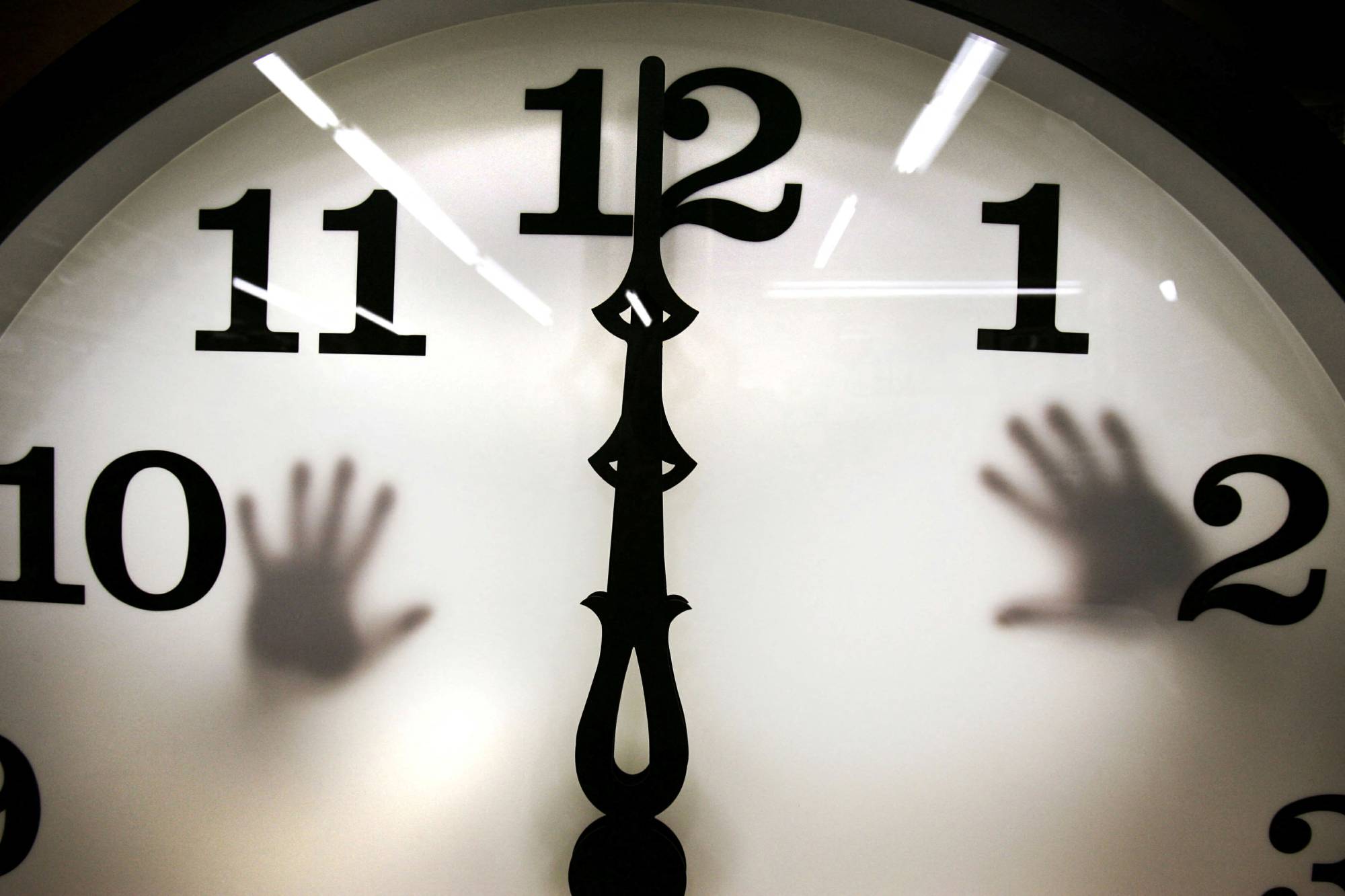It is a truism that time seems to expand or contract depending on our circumstances: In a state of terror, seconds can stretch. A day spent in solitude can drag. When we’re trying to meet a deadline, hours race by.
A study published this month in the journal Psychophysiology by psychologists at Cornell University found that, when observed at the level of microseconds, some of these distortions could be driven by heartbeats, whose length is variable from moment to moment.
Psychologists fitted undergraduates with electrocardiograms to measure the length of each heartbeat precisely, and then asked them to estimate the length of brief audio tones. The psychologists discovered that after a longer heartbeat interval, subjects tended to perceive the tone as longer; shorter intervals led subjects to assess the tone as shorter. After each tone, the subjects’ heartbeat intervals lengthened.

















With your current subscription plan you can comment on stories. However, before writing your first comment, please create a display name in the Profile section of your subscriber account page.